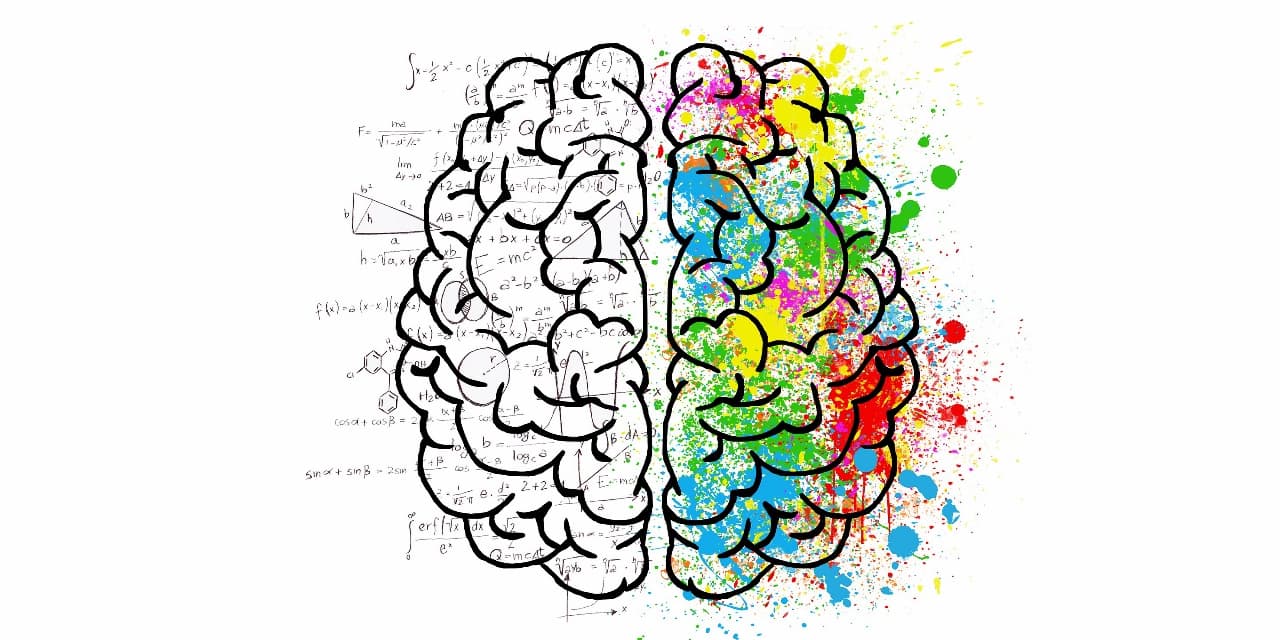 How Exercise Impacts Mental Health
How Exercise Impacts Mental Health
Regular exercise has a profound impact on mental health. It releases neurotransmitters in the brain, promotes neuroplasticity, and increases oxygen supply to the brain. These effects lead to improved cognitive function, better mood stabilization, and enhanced overall mental well-being.
Exercise releases neurotransmitters like endorphins and serotonin, which are often referred to as nature’s own happiness boost. Endorphins help reduce pain and increase feelings of joy, while serotonin helps balance mood and promotes calmness. These chemicals play a crucial role in making us feel good and less stressed.
Furthermore, exercise promotes neuroplasticity, which means that our brain has the ability to change and adapt. Just like play-dough, our brain can be shaped through exercise to improve learning and memory. Activities like jogging or swimming turbo-charge this process and make the brain stronger and healthier, particularly in the hippocampus, which is responsible for memory and learning.
In addition to neuroplasticity, exercise also increases the flow of oxygen to the brain. This oxygen boost helps improve cognitive function, allowing us to think clearer and remember things easier. Studies have shown that exercise can even reduce the risk of developing dementia or Alzheimer’s disease later in life.
The mental health benefits of regular exercise are numerous. It helps relieve stress by reducing the body’s stress hormones and stimulating the production of endorphins. Exercise also boosts self-confidence by improving physical fitness and leading to a positive sense of self-worth. It enhances mood by releasing endorphins and reducing feelings of anxiety and depression. Additionally, exercise improves sleep quality, sharpens memory and thinking, and can be beneficial for individuals dealing with various mental health conditions such as depression, ADHD, anxiety, bipolar disorder, OCD, and PTSD.
Tips for Incorporating Exercise into Your Routine
Incorporating exercise into your routine doesn’t have to be overwhelming. You can start small by making simple changes like taking the stairs instead of the elevator or doing exercises while watching TV. Walking during your lunch break or finding fun activities you enjoy can also make a big difference. Setting clear goals, scheduling exercise sessions, and finding a workout buddy for support are additional strategies that can help you stay motivated and committed.
Diet’s Impact on Mental Health
A balanced diet is not only crucial for physical health but also plays a significant role in mental well-being. Certain nutrients like omega-3 fatty acids and antioxidants can positively impact mood and cognitive function. On the other hand, consuming excessive amounts of processed foods high in sugar and unhealthy fats may contribute to an increased risk of developing mental health disorders.
Integrating whole grains, lean proteins, healthy fats, fruits, and vegetables into your diet can provide essential vitamins and minerals that support brain function. Staying hydrated with water or herbal teas is also important for preventing mood swings caused by dehydration.
Overcoming Obstacles
Starting an exercise routine can be challenging, but it’s important to overcome obstacles for long-term success. Setting realistic goals, finding activities you enjoy, creating a support system, managing time effectively, adapting to setbacks, addressing mental barriers, and seeking professional help when needed are all strategies that can help you overcome barriers and stay committed to regular exercise.
Finding Motivation and Support
Staying motivated and finding support throughout your exercise routine is crucial. Surrounding yourself with like-minded individuals, setting achievable short-term goals, considering working with a personal trainer or joining group fitness classes, using technology to your advantage, and keeping a journal to track progress are all effective ways to find motivation and support.
Conclusion
Exercise is not just about getting fit; it’s a game-changer for the mind too. It releases chemicals that boost mood, improves brain function, and fights off stress and anxiety. By incorporating regular exercise into your routine and maintaining a balanced diet, you can nourish your mental health and reap the numerous benefits for both your mind and body. So, let’s lace up those sneakers and give our minds a mighty workout!

